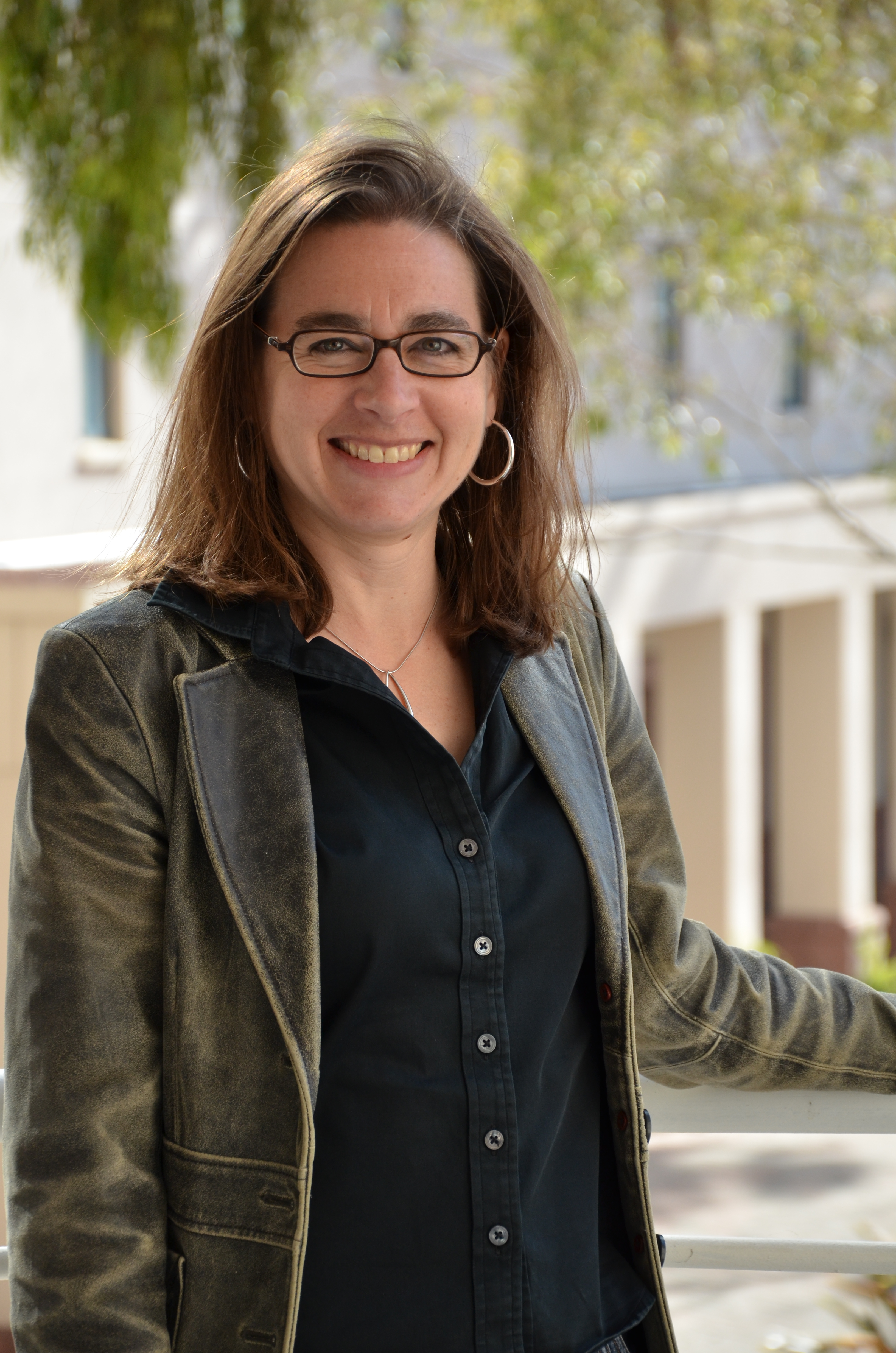Sara H. Lindheim
About:
Sara Lindheim, Professor of Classics, earned an undergraduate degree in Classics at Amherst College and a graduate degree in Classics at Brown University. Her research focuses on Latin poetry of the Augustan Age, primarily through the lens of gender and psychoanalytic theory. Her first book, Mail and Female: Epistolary Narrative and Desire in Ovid’s Heroides, explores the representation of feminine desire in the collection of poetic letters from heroines of ancient myth and literature to the heroes who have abandoned them. Her second book, Latin Elegy and the Space of Empire, explores the ways in which Latin elegiac poetry, widely defined as ranging from Catullus to the exilic epistles of Ovid, participates in a new cultural preoccupation with space that emerges in the late Republic and becomes an obsession with Augustus’ consolidation of power and empire. She is a co-editor of (and contributor to) The Routledge Handbook of Classics and Queer Theory.
Graduate Supervision:
She welcomes inquiries from prospective students on Latin poetry, gender studies, psychoanalysis, queer theory, and geography, empire and literature.
Publications:
Books
- The Routledge Handbook of Classics and Queer Theory (co-edited with Ella Haselswerdt and Kirk Ormand), Routledge, 2023
- Latin Elegy and the Space of Empire, Oxford University Press, 2021.
- New Essays on Homer: Language, Violence, and Agency (co-edited with Helen Morales), Cambridge University Press = a special issue of Ramus 2015
- Mail and Female: Epistolary Narrative and Desire in Ovid’s Heroides, University of Wisconsin Press, 2003.
Selected Articles and Book Chapters
- “Playing the Dido (Ariadne, Oenone, Laodamia, Penelope, Hypsipyle, Medea) Card in Heroides 2,” in Current Trends in Ovid’s Heroides, forthcoming
- “Queerly Beloved: Nemesis, Credula Spes, and Queer Temporalities in Tibullus Book 2,” in The Routledge Handbook of Classics and Queer Theory, Routledge 2023
- “Expanding Geographies and Unbounded Subjects in Catullus,” in Travel, Geography, and Empire in Latin Poetry, Routledge, 2022
- “What’s Love Got To Do With It?: Mapping Cynthia in Propertius’ Paired Elegies 1.8A-B and 1.11-12,” American Journal of Philology 132.4 (2011) 633-665
- “Pomona’s pomarium: The ‘Mapping Impulse’ in Metamorphoses 14 (and 9),” in Transactions of the American Philological Association 140.1 (2010) 163-194.
- “To Be Or Not To Be A New Formalist: Ovidian Studies in 2003,” Vergilius 49 (2003) 135-151.
- “Omnia Vincit Amor: Or, Why Oenone Should Have Known It Would Never Work Out (Eclogue 10 and Heroides 5),” Materiali e discussioni per l’analisi dei testi classici 44 (2000) 83-101.
- “I Am Dressed, Therefore I Am?: Vertumnus in Propertius 4.2 and in Metamorphoses 14.622-771,” Ramus 27.1 (1998) 27-38.
- “Hercules Cross-Dressed, Hercules Undressed: Unmasking the Construction of the Propertian Amator in Elegy 4.9,” American Journal of Philology 119.1 (1998) 43-66.







